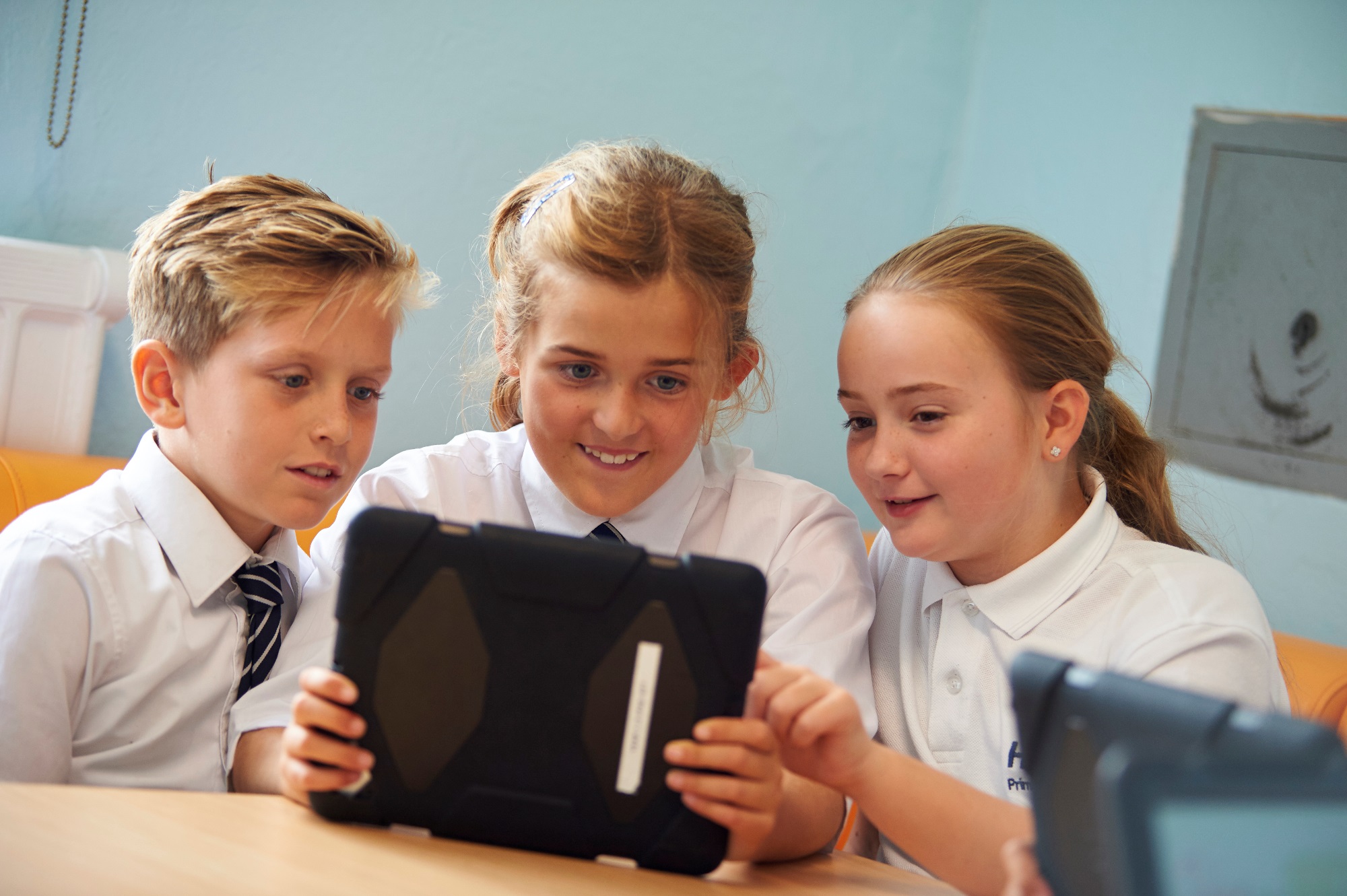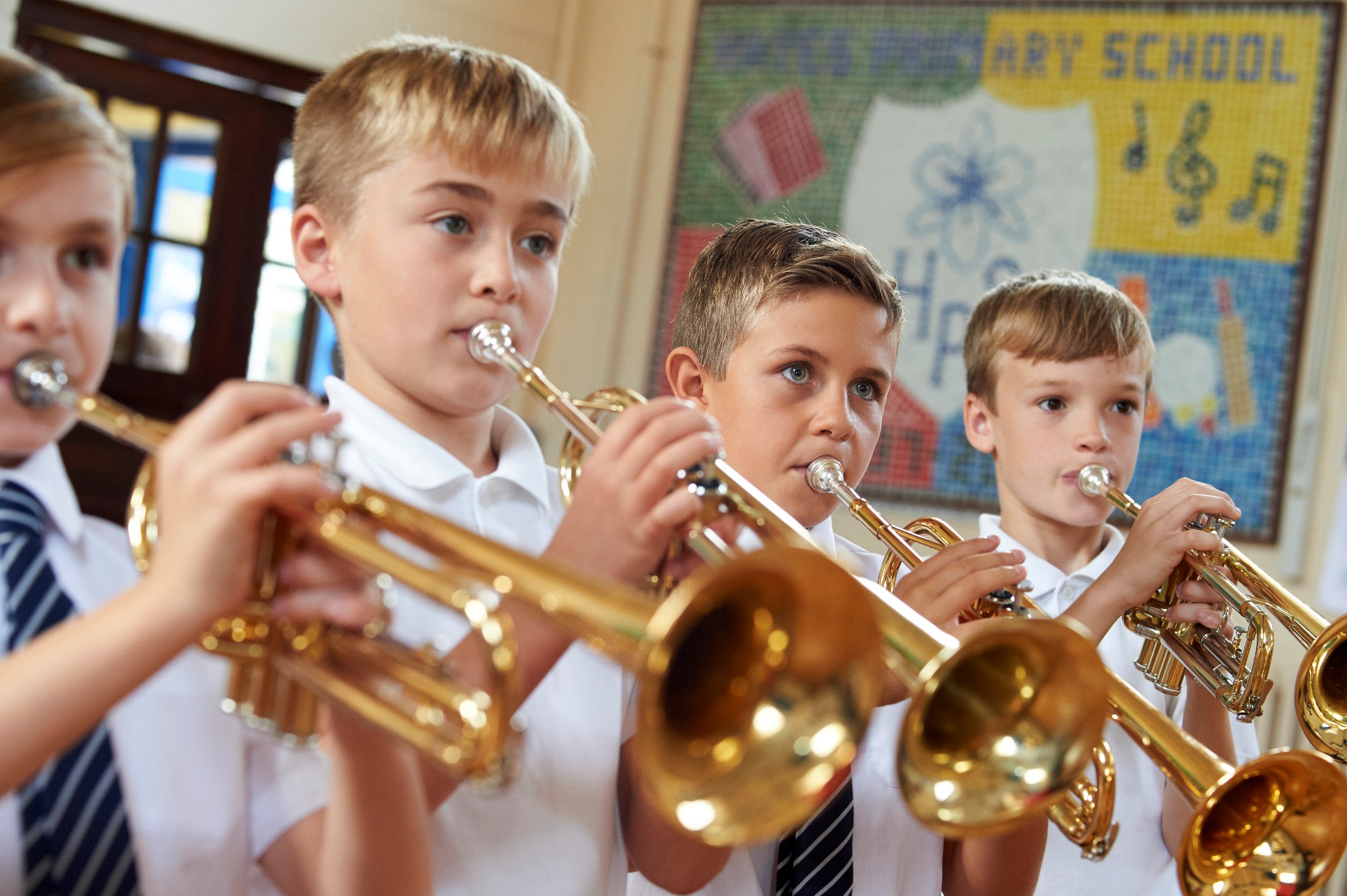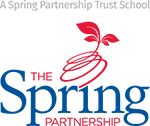Computing
Computing
At Hayes Primary School we embrace current and emerging technologies to facilitate the learning experience of the whole school community.
We aim for our children to be confident, competent and discerning users of digital technology which will prepare them for participation in a rapidly changing world.
Through well-trained, skilled and motivated staff, as well as parental and external support, we encourage children to develop initiative, independent learning skills and celebrate success.
Our children have opportunities to gain rapid access to ideas and experiences from a wide range of people, communities and cultures.
All stakeholders model how to use technology safely, respectfully and responsibly.
Computing Curriculum
We run a challenging and exciting Computing curriculum across all schools in the Spring Partnership Trust. We aim for our children to be confident, competent and discerning users of digital technology which will prepare them for participation in a rapidly changing world.
The National Curriculum for Computing (released in 2014) specifies that Primary Computing should include the overall areas of Computer science, Digital literacy and Information technology. To ensure progression across years groups and to guarantee an exciting and relevant computing scheme for all pupils, we have split these three areas into several streams: E-Safety, Typing skills, Algorithms & programming, Digital art & design, The Internet/World Wide Web, Digital sound and music and key Google applications. There are also some immensely fun standalone units such as Codes & codebreaking and Dragons Den!
Every week, children across all year groups take part in discrete Computing lessons. These lessons typically include quizzing, discussion, great teaching and a variety of practical tasks that the children complete using an individual/shared Chromebook. To ensure that teachers across the Trust deliver these lessons effectively, Computing Subject Leads across all schools meet regularly and provide ongoing coaching/support to all staff members.
Key Stage One
Computer Science
- understand what algorithms are; how they are implemented as programs on digital devices; and that programs execute by following precise and unambiguous instructions
create and debug simple programs - use logical reasoning to predict the behaviour of simple programs
Information Technology
- use technology purposefully to create, organise, store, manipulate and retrieve digital content
Digital Literacy
- recognise common uses of information technology beyond school
- use technology safely and respectfully, keeping personal information private; identify where to go for help and support when they have concerns about content or contact on the internet or other online technologies.
Key Stage Two
Computer Science
- design, write and debug programs that accomplish specific goals, including controlling or simulating physical systems; solve problems by decomposing them into smaller parts
- use sequence, selection, and repetition in programs; work with variables and various forms of input and output
- use logical reasoning to explain how some simple algorithms work and to detect and correct errors in algorithms and programs
- understand computer networks including the internet; how they can provide multiple services, such as the World Wide Web
- appreciate how [search] results are selected and ranked.
Information Technology
- use search technologies effectively
- select, use and combine a variety of software (including internet services) on a range of digital devices to design and create a range of programs, systems and content that accomplish given goals, including collecting, analysing, evaluating and presenting data and information.
Digital Literacy
- understand the opportunities [network] offer for communication and collaboration
- be discerning in evaluating digital content
- use technology safely, respectfully and responsibly; recognise acceptable/unacceptable behaviour; identify a range of ways to report concerns about content and contact.
Useful Links
http://www.tnmoc.org/learn/support-parents - The National Museum of Computing
www.naace.co.uk/ - National Association of Advisors for Computers in Education
www.computingatschool.org.uk/ - Computing at School






